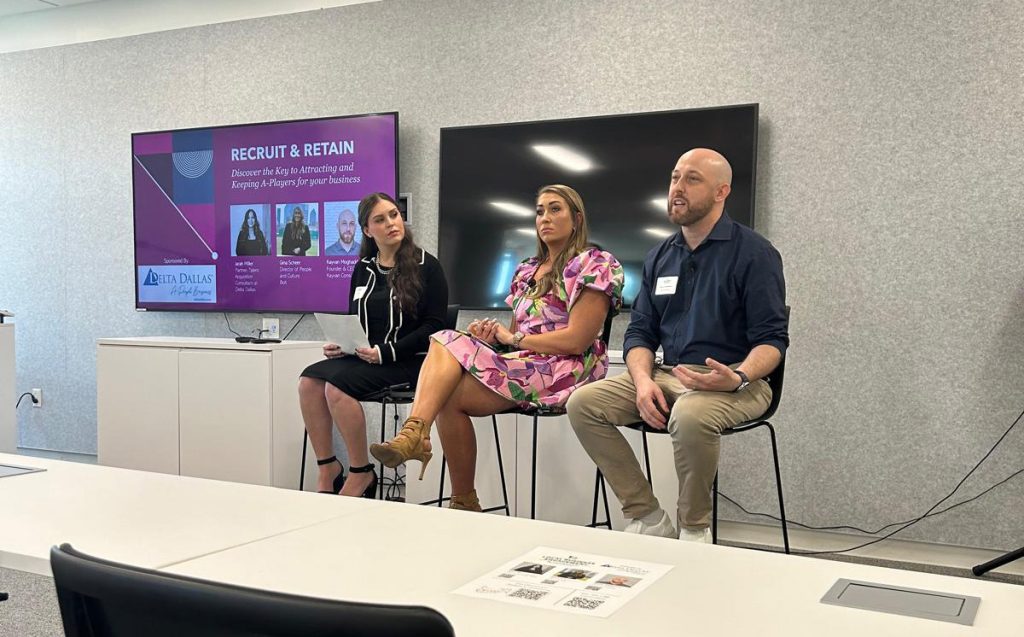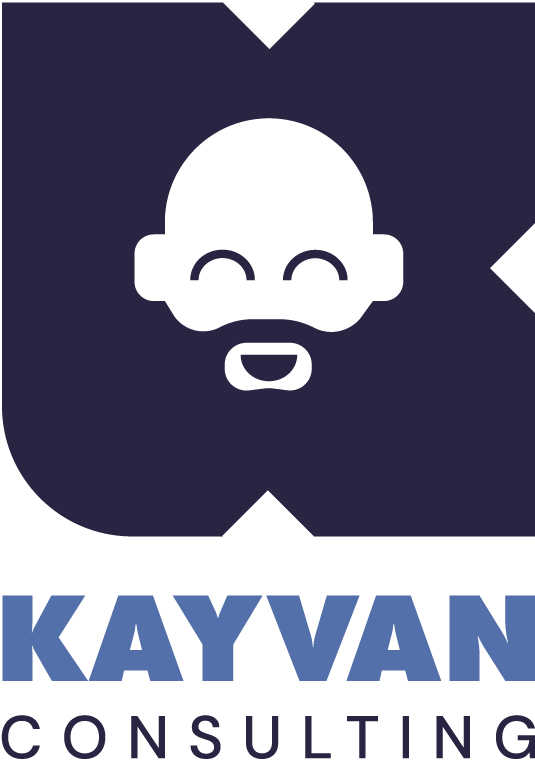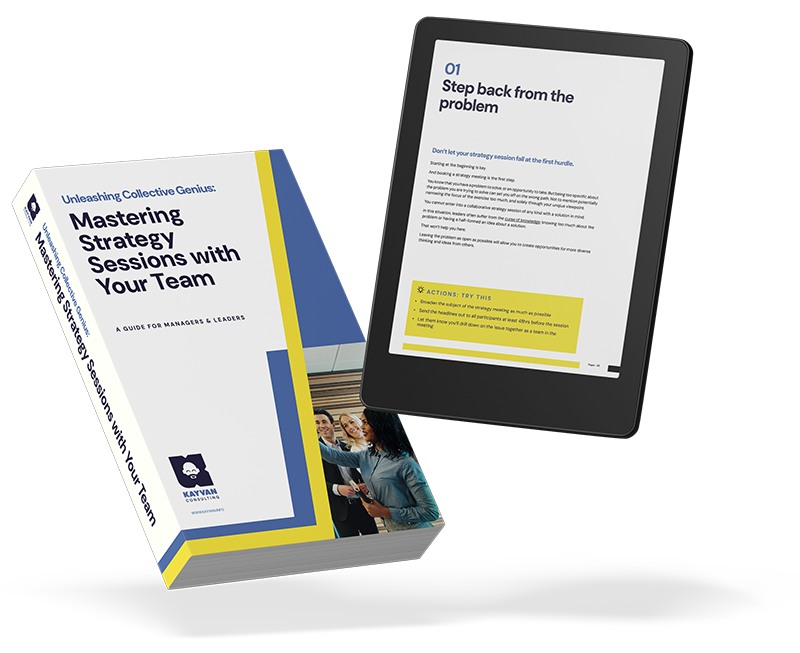Nowadays, it seems like everyone has a side hustle or an idea for a startup.
Since moving to the US two years ago, I’ve spent a lot of time getting involved in the vibrant startup ecosystem in Dallas.
I’ve met countless individuals brimming with big ideas and the entrepreneurial mindset to pursue them. This year, I’ve even had the privilege of mentoring some of these founders as part of accelerator programs for United Way and Capital One. Just this week, I spent time with the amazing folks at Mass Challenge, where the energy and creativity were palpable.
It’s a fascinating time to be part of the startup community, especially in a city like Dallas which is quickly becoming a significant hub for innovation and growth. The city’s ecosystem is supported by a range of accelerators, incubators, and co-working spaces, all designed to help entrepreneurs succeed.
This dynamic environment has given rise to a surge in creative ideas and businesses.
The Thriving Startup Ecosystem in Dallas
Founders are everywhere!
Despite some negativity around the investment slowdown in 2024, there’s no shortage of new ideas, an indication of the resilient entrepreneurial mindset prevailing in the startup ecosystem in Dallas and throughout other areas in the US. You might think it’s just me acclimating to the US, but there’s something undeniably special about this scene. I’ve seen firsthand how the unique combination of resources, mentorship, and community support fosters innovation.
For instance, consider the rise of tech startups in Dallas.
The city has become a breeding ground for tech innovation, with new companies focusing on software development, AI, healthcare, and fintech. Initiatives like the Dallas Entrepreneur Center (DEC) have played crucial roles in providing startups with the tools and networks they need to thrive. These organizations offer mentorship, funding opportunities, and spaces for entrepreneurs to collaborate and grow.
Founders I’ve met in Dallas are incredibly resourceful and determined. They’re willing to take risks, adapt to changing circumstances, and learn from their failures. This resilience is a hallmark of the entrepreneurial mindset, and it’s a trait that sets successful entrepreneurs apart.
With the support available in the community, they stand as good a chance as any of succeeding, but there are still no guarantees…

The Reality of Startups: Common Challenges
Let’s be honest.
Many startups will face challenges and potentially fail due to various reasons—lack of funding, poor product-market fit, bad execution, or simply bad timing. Yet, the entrepreneurial mindset that drives these founders is something to be admired. As a mentor, I continually wish these entrepreneurs the greatest success and actively contribute to the community to help them thrive.
Lack of Funding
Securing funding is one of the biggest hurdles startups face.
Dallas, like many other US cities, has a growing number of venture capitalists and angel investors. But even with the bonus funds that winning one of the pitch contests brings, competition for funds is fierce. Startups must have a plan, a clear value proposition, and a compelling pitch to attract investment.
It’s a challenging environment, but those who succeed often do so because they’re able to clearly articulate their vision and demonstrate the potential for significant returns.
Poor Product-Market Fit
Another common pitfall is the lack of product-market fit. Many startups develop products or services that, while innovative, don’t meet a genuine market need. This misalignment can lead to wasted resources and ultimately, failure. Successful entrepreneurs spend a significant amount of time on market research, gathering customer feedback, and iterating on their offerings to ensure they meet the needs of their target audience.
That said, I’ve personally witnessed founders who keep plugging away for years, even with minimal traction from a tiny user base. It’s all too easy to continue taking customer feedback and creating feature after feature in the hope of growth, all while burning through the remaining runway.
Execution Challenges
Even with funding and a great idea, execution is key.
Startups must be able to bring their ideas to life efficiently and effectively. This requires strong leadership, a capable team, and the ability to pivot when necessary. Poor execution can result from a lack of experience, inadequate planning, or failure to recognize and respond to challenges promptly.
Early-stage startups may not have a team that possesses the experience of navigating all the execution and operational challenges, so would do well to build a network of mentors, advisors, and even consultants to help them along the way.
Timing
Timing can also be a critical factor.
Launching a product too early or too late can make the difference between success and failure. Founders with an entrepreneurial mindset are often adept at sensing market trends and timing their launches to capitalize on emerging opportunities. But things can take time, and it may even come down to luck.

What is corporate innovation?
Corporate innovation, an extremely crucial aspect of modern business, refers to the process by which companies develop new ideas, improved products, services, business models and working methods, order to improve their competitiveness in the market.
Built within an organization’s strategic process, corporate innovation encompasses the introduction of something unique and innovative in various aspects of a company’s operations. This approach assists businesses in maintaining or elevating their competitive positioning in an ever-changing and developing market landscape.
Bridging Corporate Innovation with an Entrepreneurial Mindset
Marrying the concept of corporate innovation with an entrepreneurial mindset is a recipe for success in today’s highly dynamic business world. When companies imbibe an entrepreneurial mindset into their corporate innovation strategies, they gain a competitive edge since they foster an environment that encourages creative thinking, resilience, and an opportunity-seeking mentality, all synonymous with the spirit of entrepreneurship:
- Promoting Creative Thinking: Entrepreneurship is all about innovative ideas. Bringing this into the corporate world instigates teams to think outside the box and come up with groundbreaking ideas.
- Encouraging Resilience: Entrepreneurs are known for their ability to face failures and bounce back. This trait is valuable for companies aiming at innovation, as it establishes a never-give-up culture.
- Nurturing an Opportunity-Seeking Mindset: Entrepreneurs are always on the lookout for new market opportunities. When such a mindset pervades an organization, it sets the stage for proactive innovation.
So if corporate innovation, when paired with the spirit of entrepreneurship, can lead to a significantly enhanced ideation process and more robust business strategies, it again begs the question:
Why do so many people feel the need to leave the corporate environment to pursue their ideas?
Corporate Innovation: A Missed Opportunity?
With so much entrepreneurial spirit and a slew of motivated individuals leaving their jobs to pursue their ideas, I can’t help but wonder: Why aren’t corporate employers, ranging from midsize firms to large enterprises, tapping into these people and their ideas?
Is a Budding Entrepreneur a Threat to Corporate Innovation?
An entrepreneurial mindset shouldn’t be seen as a threat but as a valuable asset.
However, that’s not always the case.
Over the years I’ve helped clients with recruitment, sourcing talent, and conducted hundreds of interviews for a vast array of roles. There’s frequently a sense of discomfort in managers and hiring staff if a candidate mentions any aspirations of starting their own business one day or even the fact that they have an idea for a side-project.
And when it comes to retention?
If some of the brightest minds in a business feel the need to leave the safety of their day jobs to pursue their wild ideas, shouldn’t management make a concerted effort to retain them and provide them with a platform to turn those ideas into reality? Too often, corporate environments stifle creativity with rigid structures and a focus on short-term results.

The Value of Intrapreneurship
One way to take advantage of the entrepreneurial spirit within a corporate setting is through intrapreneurship.
Intrapreneurs are employees who think and act like entrepreneurs while working within a larger organization. They drive innovation by developing new products, services, or processes that can benefit the company.
Encouraging intrapreneurship can lead to a plethora of benefits for companies:
- Innovation: Intrapreneurs are often the source of breakthrough ideas that can help companies stay competitive in a through times of change.
- Employee Engagement: Providing employees with the freedom to pursue their ideas can boost job satisfaction and loyalty, leading to lower turnover rates.
- Talent Retention: Companies that support intrapreneurship are more likely to retain top talent who might otherwise leave to start their own ventures.
- Diversification: Intrapreneurial initiatives can help companies diversify their offerings and enter new markets.
To support intrapreneurs, companies can create dedicated innovation labs, offer resources for trials, and most importantly create the time and space to experiment and explore. Such measures can help employees feel empowered to pursue their ideas without the fear of failure.
Creating a Culture of Intrapreneurship
To truly harness the entrepreneurial mindset within a corporate environment, organizations must create a culture that fosters innovation. This involves more than just providing resources; it requires a fundamental shift in how companies view risk and failure.
Encouraging Risk-Taking
Organizations need to encourage risk-taking by rewarding innovative ideas and accepting that not all initiatives will succeed. A culture that punishes failure can stifle creativity and deter employees from proposing bold ideas. Instead, companies should celebrate the learning that comes from failed experiments and use those lessons to drive future successes.
Create an Innovation Cadence & Structure
Some employees might take to innovation like a duck to water and need very little encouragement to get started. Others might need a little help, direction, or motivation to take their first steps. To make this easier, a cadence or cycle of innovation can be created to give some initial structure.
Regular innovation sessions can be arranged, each with a designated problem area to explore. These areas could be related to specific issues within the business, based on product development, customer feedback, or even research.
Make Innovation Collaborative
Creating a collaborative environment for innovation in a corporate setting can yield great results for several reasons.
- When employees from different departments and levels of hierarchy come together to share ideas and perspectives, it sparks creativity and allows for a variety of viewpoints to be considered.
- By encouraging collaboration, organizations can tap into the diverse expertise and experiences of their team members, leading to more innovative and well-rounded solutions.
- Working together fosters a sense of ownership and buy-in among employees, increasing engagement and commitment to the innovation process.
- Collaboration also promotes a culture of continuous learning and improvement, as individuals learn from each other and build upon each other’s ideas.
Providing Mentorship and Support
Intrapreneurs often need guidance and support to navigate the complexities of bringing new ideas to life within a larger organization. Mentorship programs, where experienced leaders provide advice and feedback, can be invaluable. Additionally, providing access to resources such as market research, development tools, and funding can help intrapreneurs turn their ideas into viable products or services.
A New Approach to Recruitment and Retention
Recently, while participating in a panel discussion for the Richardson Chamber of Commerce on recruitment and retention of employees, this very subject came up.

Our audience of local businesses reinforced my observations on this subject; companies are struggling to hire and retain great employees, and I believe it’s all connected.
Viewing Entrepreneurial Aspirations as an Asset
Many hiring managers and business owners view candidates with entrepreneurial aspirations as risky or problematic. They fear that these individuals may leave to start their own ventures or may not fit into the traditional corporate mold. However, it’s high time we rethink this assumption.
Having these forward-thinking individuals as part of a team is hugely important in building an innovation culture. We need people close to the product or service, who can challenge our position and draw our attention to gaps in the market.
Embracing an Entrepreneurial Mindset in Recruitment
Instead of viewing entrepreneurial aspirations as a red flag, companies should see them as an indication of a candidate’s drive, creativity, and problem-solving abilities. These are the very qualities that can contribute to corporate innovation and help a company stay competitive.

Interviewing for an Entrepreneurial Mindset
When interviewing candidates, consider asking questions that reveal their innovative thinking and entrepreneurial experiences. For example:
- Can you describe a time when you identified a problem and developed a unique solution?
- Have you ever started a business or a significant project on your own? What challenges did you face, and how did you overcome them?
- How do you stay current with industry trends and incorporate new ideas into your work?
These questions can help identify candidates who possess the qualities needed to drive innovation within your organization.
Retention of Innovative Employees
Once you’ve hired individuals with an entrepreneurial mindset, the next challenge is retaining them. Innovative employees thrive in environments where they have the autonomy to experiment and the support to develop their ideas.
Creating an Environment that Nurtures Innovation
To retain top talent, companies need to create an environment that nurtures innovation. This can include:
- Flexible Work Arrangements: Allow employees the freedom to work in ways that maximize their creativity and productivity.
- Access to Resources: Provide the tools, funding, and support needed to develop and test new ideas.
- Recognition and Rewards: Celebrate innovative thinking and reward employees who successfully bring new ideas to life.
Case Study: Corporate Innovation Success
Consider the example of Google, and their strategic approach to innovation. They created a company-wide innovation strategy – the “Nine Pillars of Innovation”:
- Innovation comes from anywhere.
- Focus on the user.
- Aim to be ten times better.
- Bet on technical insights.
- Ship and iterate.
- Give employees 20 percent time.
- Default to open processes.
- Fail well.
These nine pillars might not be suitable for every company, but the success Google has had in putting these into practice is undeniable. Numerous real-world products have been birthed from ideas that surfaced as part of this program, including GMail and Google Drive.
Check out the updated Principles of Innovation from Google:
In Conclusion
The pace at which our businesses are changing is exciting, yet daunting too.
With every new technological advancement, we’re changing our internal workflows, developing our offering, along with enhancing the customer experience too. In every one of these areas, the entrepreneurial mindset should be nurtured, not feared. Corporate employers need to create spaces within their organizations for staff to develop and experiment with new ideas.
By embracing the entrepreneurial mindset, organizations can foster innovation, retain top talent, and drive long-term success.
Remember that ideas can come from anywhere and anyone.
As I’ve experienced firsthand, there’s a wealth of untapped potential within our corporate environments. Let’s not overlook the value these entrepreneurial individuals – or potential intrapreneurs – can bring to our teams, both in startups and in established companies.
With the right support and culture, we can transform our organizations into hubs of innovation and growth.




